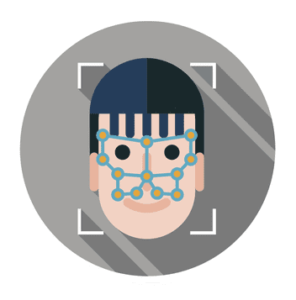
The United States Government Accountability Office (GAO) has released a new report on the state of the facial recognition industry titled “FACIAL RECOGNITION TECHNOLOGY: Privacy and Accuracy Issues Related to Commercial Uses.”
This latest report follows up on some key points regarding the privacy of personal data and the facial recognition industry from two previous reports from 2013 (INFORMATION RESELLERS: Consumer Privacy Framework Needs to Reflect Changes in Technology and the Marketplace”) and 2015 ( “FACIAL RECOGNITION TECHNOLOGY: Commercial Uses, Privacy Issues, and Applicable Federal Law”), and reiterates the GAOs recommendation from the initial 2013 report that there needs to be updated privacy framework to protect the rights of U.S. citizens.
The report highlights the growth of the facial recognition industry over the past several years, pointing to the wider variety of use cases and business types that employ the tech today compared to 2015 including (but not limited to) its growth in the payment authorization and employee and student attendance tracking sectors.
With regards to privacy issues associated with the tech, the GAO points to the growing public concern over citizens declining anonymity in public settings and the increasing frequency of its use without the knowledge or consent of individuals being monitored.
It also revisits a point from the 2015 report highlighting the lack of any comprehensive federal legislation regulating the use of facial recognition systems by private organizations, and notes that there are some state laws – the Illinois Biometric Information Privacy Act (BIPA), for example – and Europe’s General Data Protection Regulation, that can impact American companies.
The timing of the report coincides with a recent effort by U.S. Senators Bernie Sanders and Jeff Merkley to establish a nationwide version of BIPA that could have the potential to serve as a valuable weapon for privacy advocates fighting the use of face-based surveillance technology across the country.
In addition to privacy concerns, the GAO also brings attention to a recent study by the National Institute of Standards and Technology (NIST) that revealed the technology tends to exhibit racial and gender-based bias against women and people of color, opening the door to the potential of false positives that can misidentify a shopper as a shoplifter.
In putting together this report, the GAO analyzed laws, interviewed federal agency officials, individuals from companies, and privacy and industry groups, and conducted reviews of various company documentation and privacy frameworks.
–
August 13, 2020 – by Tony Bitzionis






Follow Us